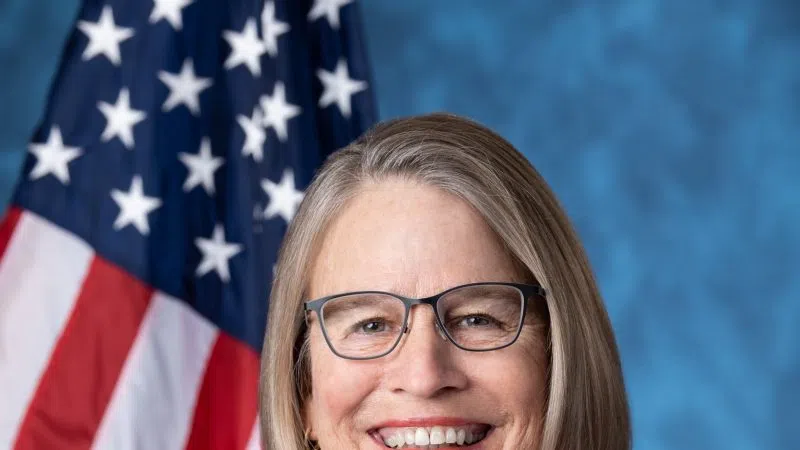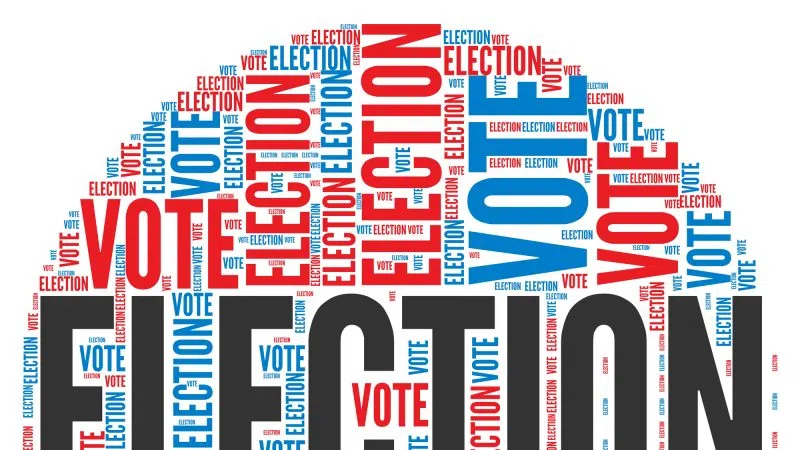(NEW HAVEN, Conn.) — Two Yale University students and Elis for Rachel, an advocacy and support group at the university, filed a lawsuit against the school Wednesday, alleging the school discriminates against students with mental health disabilities by failing to provide necessary accommodations and pressuring them to withdraw.
The lawsuit, seeking class-action status from the U.S. District Court of Connecticut, features accounts by two current students, three former students and a nonprofit group, Elis for Rachael, representing several dozen others.
The nonprofit was founded last year after the suicide of freshman Rachael Shaw-Rosenbaum, who had contemplated the consequences of withdrawing from Yale in multiple online posts prior to her death.
The plaintiffs argue the university’s withdrawal policies foster a punitive rather than supportive environment for students with mental health disabilities, deterring many from seeking help. Their accounts detail the “traumatic” experiences of being forced to leave school, then the hurdles they had to clear just to return.
If students disclose their mental health disability while seeking support and demonstrate severe symptoms, the university has often pressured them to voluntarily withdraw until they can apply for reinstatement at least a semester later. If the students refused, the university’s policies allow for “involuntary withdrawals,” forcing students to take leave without “deference to treating professionals or consideration of whether withdrawal will cause harm,” the lawsuit says.
After they were hospitalized for self-harm, multiple students, including Hannah Neves and Nicolette Mantica, alleged that Yale officials visited them in the hospital and notified them they would likely be withdrawn from the university.
In some students’ cases, the lawsuit says Yale officials suggested the students would be perceived as a liability to the university if they did not withdraw.
The plaintiffs further allege the policy imposes “unreasonable burdens” on students who withdraw for disability-related reasons, including requiring they vacate their dorms within 48 hours.
In the U.S. on a student visa, Neves says she was forced to return to her home country of Brazil on short notice after being withdrawn. She was eventually permitted to return to the university for the spring 2021 semester.
The university also bars students on leave from visiting campus and participating in school activities, even those open to non-students, without prior permission, effectively isolating them from their social circles and support systems, the lawsuit argues.
Students may also have to discontinue their university health insurance, forfeiting all completed health insurance payments, in addition to a portion — or sometimes all — of their already paid tuition, room and board fees, the lawsuit alleges.
After the completion of their leave, the plaintiffs say students must endure a “daunting” reinstatement process to return, which requires submitting an application form, a personal statement and letters of support where students must convincingly argue they were “constructively occupied” during their withdrawal, including completing coursework.
Students who are reinstated after a withdrawal must also meet higher academic standards than their peers, the lawsuit alleges. If reinstated students fail a course within the two terms since their return, they are ordinarily required to withdraw again.
Before being withdrawn, during the school year, the plaintiffs described having to jump through multiple hoops and navigate an opaque process to petition for specific accommodations, which were often denied, including options to take courses remotely or enroll in a part-time course load.
The lawsuit also claims that some students may never seek needed aid, fearing they’ll be subject to the university’s withdrawal policies if their mental health disability is known.
Yale spokesperson Karen Peart said in a statement to ABC News that the university has taken steps to ease the return to school for students on medical leave and increase resources to provide them additional support.
“The university is confident that our policies comply with all applicable laws and regulations,” she wrote. “Nonetheless, we have been working on policy changes that are responsive to students’ emotional and financial wellbeing.”
Yale has been reviewing its withdrawal polices since September, Yale’s president said in a November statement.
“A committee of Yale College student affairs professionals and mental health experts at Yale has been meeting since September 2022 to continue the review of our withdrawal and reinstatement policies,” the statement said. “This group is poised to roll out policy changes in stages that will continue to support students.”
The lawsuit comes just a few weeks after a Washington Post articledetailing similar allegations from students and alumni.
If you are struggling with thoughts of suicide or worried about a friend or loved one, call the National Suicide Prevention Lifeline at 1-800-273-8255 [TALK] for free, confidential emotional support 24 hours a day, seven days a week.
Copyright © 2022, ABC Audio. All rights reserved.













